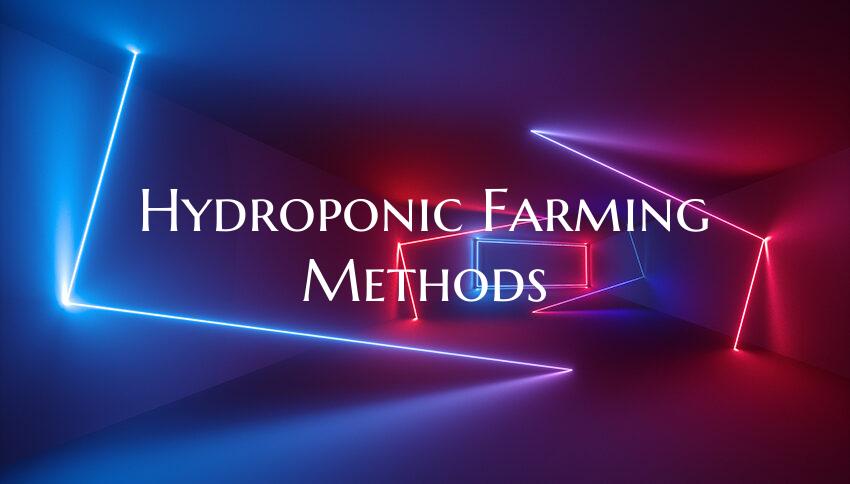Hydroponic Farming Methods
Hydroponic Farming Methods: Revolutionizing Agriculture
Hydroponic farming is an innovative and efficient method of growing plants without soil. Instead of relying on traditional soil-based agriculture, hydroponics uses nutrient-rich water solutions to deliver essential minerals directly to the plant roots. This technique has been gaining popularity in recent years due to its numerous benefits, including increased crop yields, water conservation, and space efficiency.
One of the key advantages of hydroponic farming is its ability to control the growing environment more precisely. By adjusting factors such as nutrient levels, pH balance, and lighting, farmers can optimize plant growth and ensure better quality produce. This level of control also minimizes the risk of pests and diseases, reducing the need for harmful pesticides and herbicides.
There are several methods used in hydroponic farming, each with its own unique advantages. The most common techniques include:
1. Deep Water Culture (DWC): In this method, plants are suspended in a nutrient solution with their roots submerged. Air pumps are used to oxygenate the water, promoting healthier root growth.
2. Nutrient Film Technique (NFT): NFT systems involve a constant flow of nutrient solution along a shallow channel where plant roots are exposed. This method is known for its water efficiency and suitability for small spaces.
3. Drip System: Drip irrigation delivers a controlled amount of nutrient solution directly to the plant roots through a network of tubes and emitters. This method is popular for its versatility and scalability.
4. Aeroponics: Aeroponic systems mist the plant roots with a nutrient solution, allowing for maximum oxygen uptake and efficient nutrient absorption. This method is ideal for rapid growth and high-density planting.
Hydroponic farming is not only beneficial for commercial agriculture but also for home gardening enthusiasts looking to grow fresh produce year-round. With the right knowledge and equipment, anyone can set up a hydroponic system in their own space and enjoy the rewards of homegrown vegetables and herbs.
In conclusion, hydroponic farming methods are revolutionizing the way we grow crops by offering a sustainable and high-yield alternative to traditional agriculture. As we continue to face challenges such as climate change and food insecurity, hydroponics may play a crucial role in ensuring a secure food supply for future generations.

